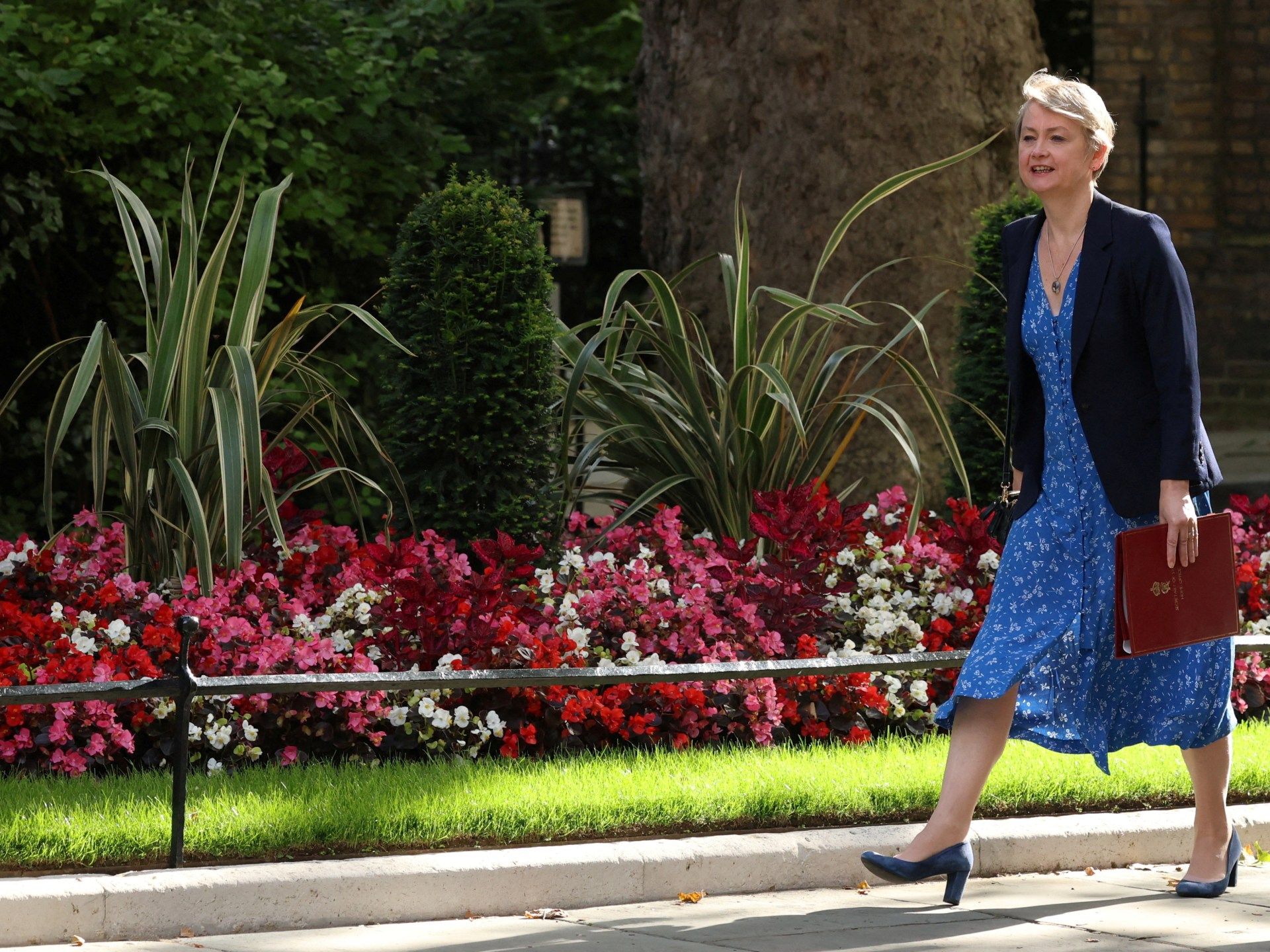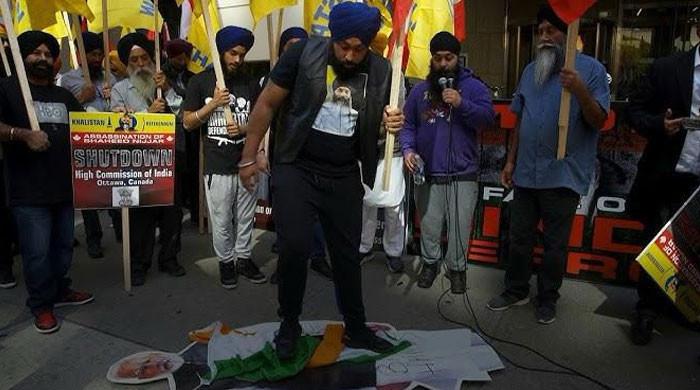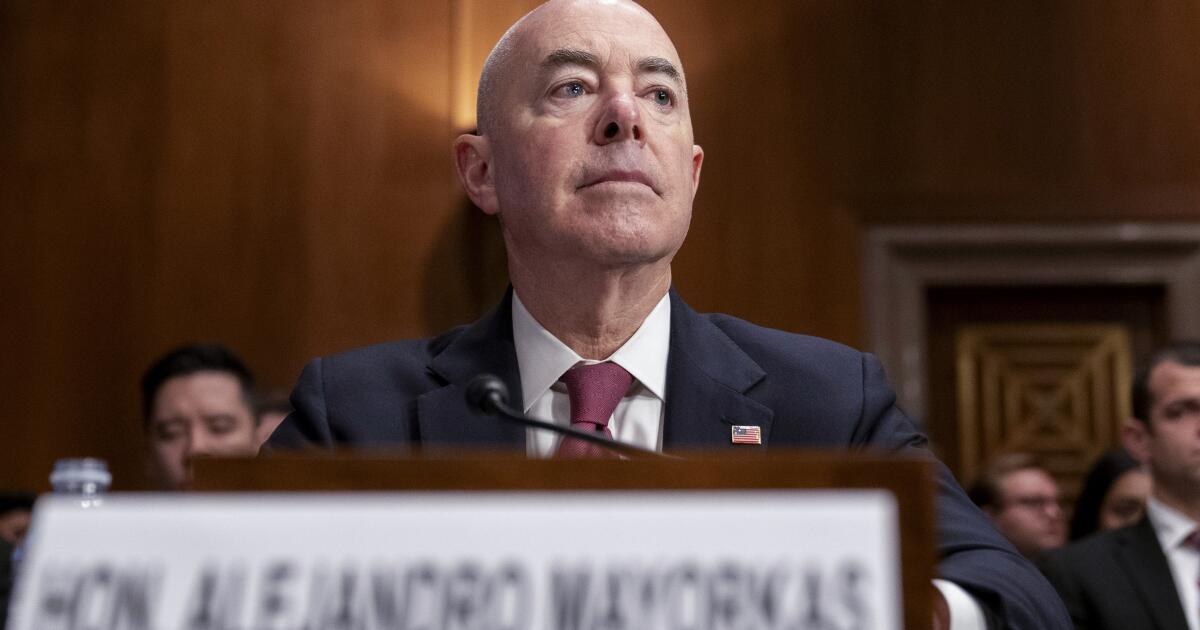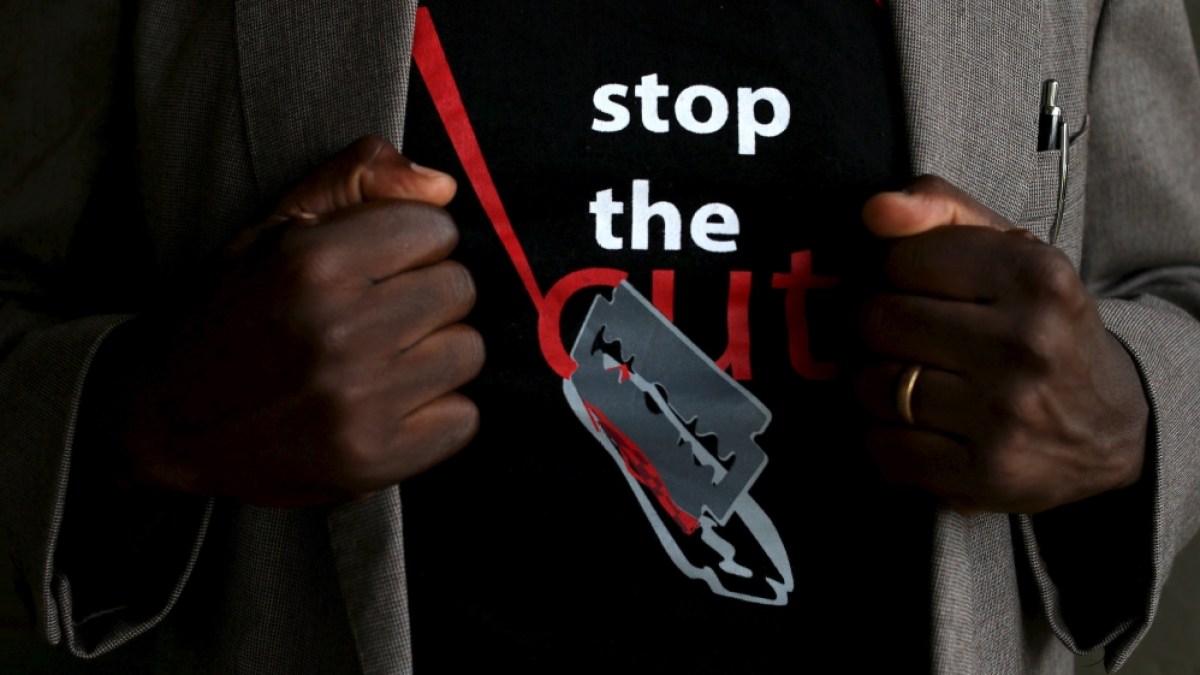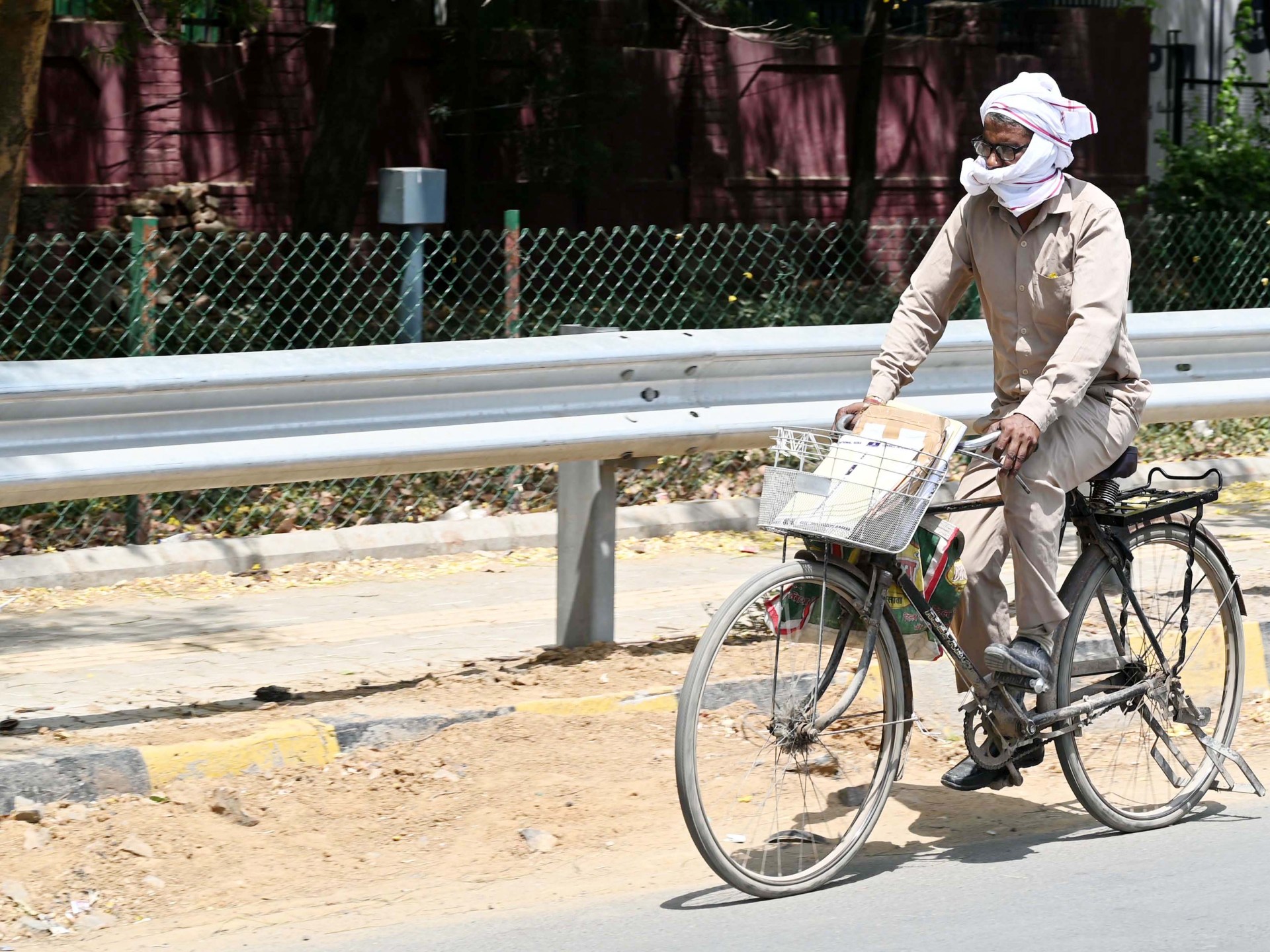Misogyny, “Islamism” and far-right “extremism” are among the trends to be analysed, according to the Interior Ministry.
UK Home Secretary Yvette Cooper has ordered a review of the UK’s counter-terrorism strategy into how best to tackle threats from “extremist ideologies” including misogyny.
Other ideological tendencies that the Interior Ministry will investigate include “Islamism” and far-right “extremism.”
Cooper said the strategy will “map and monitor extremist trends” and measure how to move people away from them.
Around 460 people have so far appeared before magistrates' courts in connection with riots across the UK in late July and early August, which were sparked by misinformation about the suspect in a knife attack in Southport, Sky News reported.
At least 72 people under the age of 18 are believed to have been charged.
Several were charged with publishing material that contributed to the riots, including publishing written material to incite racial hatred.
Although the riots were primarily instigated by far-right provocateurs, many of these figures have also joined in in the past and spread misogyny.
One social media influencer accused of spreading false information about the incidents that sparked the riots is Andrew Tate, who is regularly accused of spreading prejudiced messages against women.
Misogyny goes beyond words and physical violence against women remains widespread in the UK – every three days a woman is killed by a man, according to campaign group Femicide Census.
The rise of misogyny has also been linked to “incel” culture, which refers to people, usually men, who call themselves “involuntarily celibate” and vent their anger at women and society at large.
Jake Davison, 22, killed five people in Plymouth in 2021 before fatally shooting himself, in an incident linked to incel ideology.
“For too long, governments have failed to tackle the rise of extremism, both online and on our streets, and we have seen the number of young people radicalised online grow,” said Cooper, who is part of the UK’s new Labour government.
“That is why I have instructed the Home Office to conduct a rapid review of extremism, to map and monitor extremist trends, to understand the evidence on what works to disrupt and divert people from extremist views, and to identify any gaps in existing policy that need to be addressed to crack down on those who promote harmful and hateful beliefs and violence.”
The review aims to draw up a new counter-extremism strategy for the UK. Cooper has previously criticised the previous Conservative government over the issue, saying its strategy lacked practical plans.

